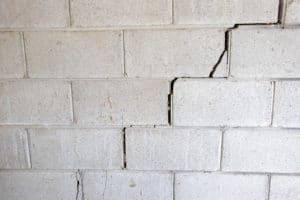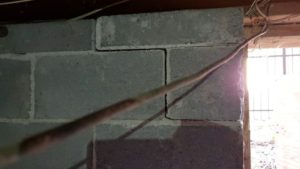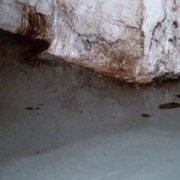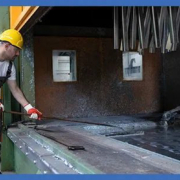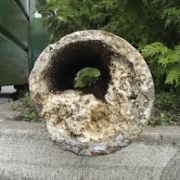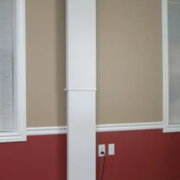The Follow Are Common Signs Your Walls Are Bowing Marietta, GA
The Follow Are Common Signs Your Walls Are Bowing Marietta, GA
Bowed basement walls can be an indicator of notable foundation problems. The problem is compounded by the fact that it is not always easy to spot bowed basement walls. Yet if left unrepaired, bowing basement walls can develop severe horizontal cracks, which are likely to cost a lot when it comes repair. Severe bowing can even cause the wall to crumble.
It is therefore a good idea to be on the lookout for any signs that may lead to wall bowing. For good measure, you should always let a professional wall repair company inspect your house for bowed basement walls if you see any of the following signs.
- Walls that appear to be bulging or leaning inwards
Bowed basement walls area caused by various factors. These include increased hydrostatic pressure from the soil that surrounds the foundation, large tree roots exerting pressure on the foundation as they grow, and movements of frost or expansive clay soil.
The net effect of the aforementioned occurrences is that they tend to push the foundation walls inwards. When this happens over a considerable period, you will notice some bulging, leaning or curving of the foundation walls of your house.
Even if these signs are not clearly evident, any change in the straightness or flatness of your foundation walls could be an indication that the walls are bowing. To be sure, you should call an expert to inspect the walls and recommend an appropriate repair method.
- Horizontal or stair step cracks on the basement walls
Horizontal cracks often result from basement wall bowing. The presence of these cracks on your basement walls is therefore a sure sign that the walls are bending or bulging. Stair step cracks indicate notable foundation movements and can also lead to wall bowing.
Since horizontal or stair step cracks on a basement’s walls are a sign of structural damage, you should seek help from a dependable company as soon as you see them.
- Evidence of increased hydrostatic pressure
Signs of increased hydrostatic pressure on your basement’s walls include flooding, persistent plumbing leaks near the foundation, poor drainage, or improperly positioned gutters and downspouts.
Anything that increases the amount of water in the soil that borders the basement walls can increase the level of hydrostatic pressure that is exerted on the walls and cause them to bow. This happens when the soil gets saturated with water and thus becomes heavier.
Contact the Professionals at Everdry Atlanta Today! (678) 741-2900
